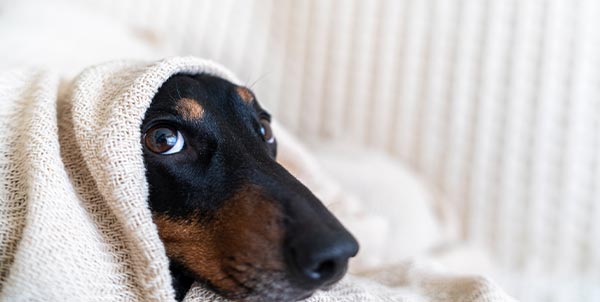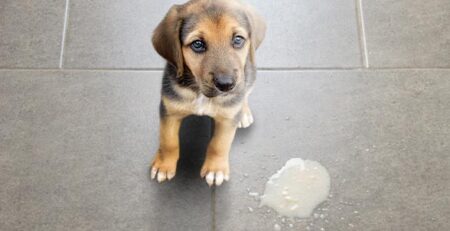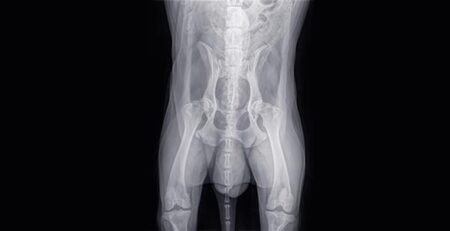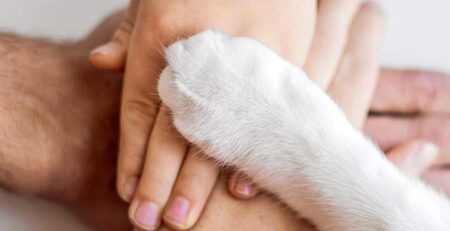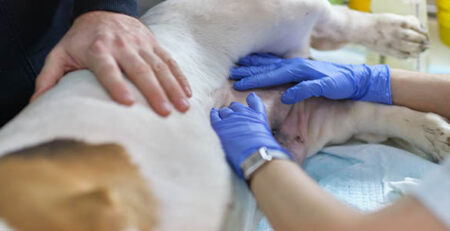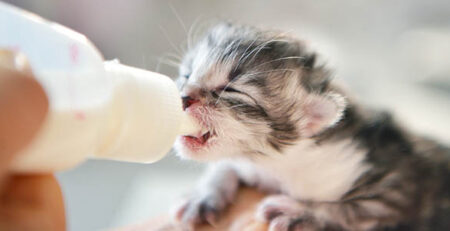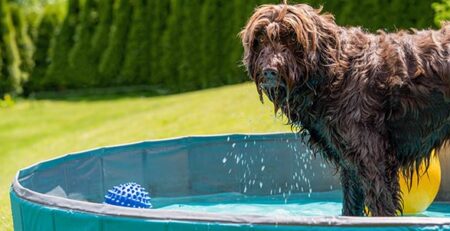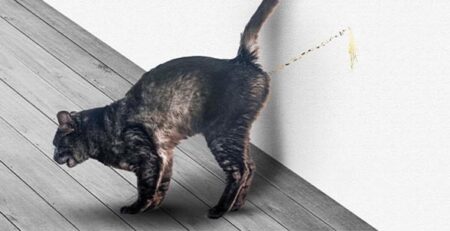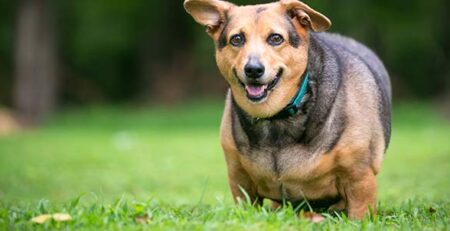Table of Contents
CAT AND DOG COLDS CAUSED BY WEATHER CHANGES
Climatic changes are the worst enemies of human and animal health: both the respiratory system with the consequent development of colds and the intestinal system are more exposed to stress from temperature changes and therefore more vulnerable.
During the change of seasons, coinciding with the arrival of the first cold weather, climate changes are physiologically associated with a decline in immune defenses as well.
The immune system is undermined in its functionality by more or less intense temperature changes, which are real stress conditions for any organism, human and animal.
Animals, like people, are just as susceptible to viruses and cold diseases.
DOG COLD AND CAT COLD AT THE CHANGE OF SEASON
In dogs and cats, viruses manifest themselves with intestinal problems (vomiting and/or diarrhea) or upper airway problems (coughs and colds). Cold-related otitis and skin problems are also often encountered in winter.
As temperatures change, moreover, symptoms of degenerative orthopedic diseases such as osteoarthritis or dysplasia tend to exacerbate.
Inflammation of the respiratory tract is common discomfort, but it is necessary to act at the right time so as not to aggravate the situation.
Symptoms should never be overlooked: the risk is that a cold can degenerate into cough, bronchitis, or tracheitis.
COMMON COLD SYMPTOMS IN DOGS AND CATS
Colds have a characteristic and common symptom picture among dogs and cats that is clinically composed of a wide variety of symptoms:
STARNUTE: is the body’s first response to the possible entry of pathogenic or harmful substances.
The nasal mucosa, which is highly sensitive to foreign substances, reacts by activating this defensive mechanism, which is an automatic and involuntary response of the body to the stimulus.
NASAL MUD: Mucus is a normal product of the nasal passages, usually serous and transparent. If the nasal discharge takes on different coloration and appearance, it is indicative of a pathological condition.
OCULAR LACRIMATION: The eyelids may be reddened, closed or semi-closed with the presence of profuse tearing and dense drains of various colors.
COUGH: When mucus, bacteria and viruses accumulate in the lungs, bronchi and trachea, the body expels these unwelcome guests through the sudden emission of air from the lungs through the mouth.
It is the cough, precisely.
DOG COLD: THE SPECIFIC SYMPTOMS
Does your dog suddenly lurk or seem fatigued? Then he is probably “hatching” a cold.
One of the most obvious symptoms of a dog’s cold is its sudden abnormal quietness.
Other more obvious symptoms of dog colds are muscle pain, phlegm, headache, poor appetite, and fever.
In dogs, colds mainly affect the nose.
Colds cause breathing difficulties due to the closing or congestion of the nostrils.
The nose is an extremely important body part for dogs because through their sense of smell they explore the world.
Precisely because the nose is for these animals the most important sense by which they orient themselves, you need to be able to recognize the disease right away.
In the case of puppies and elderly dogs, attention must be even higher: indeed, the immune system of these individuals, being weaker, requires much more careful precautions.
CAT COLD: THE SPECIFIC SYMPTOMS
One needs to be able to distinguish a normal cold in one’s cat from a more serious and important form of influenza.
A cat’s cold could also be attributable to an infectious disease such as feline rhinotracheitis or feline influenza, generated by viruses or bacteria that carry very worrisome consequences.
If the cat’s cold depends on Herpes virus, Calicivirus, or Chlamydia, it is therefore a symptom of a more important disease for which there is also vaccination.
Herpes never leaves the feline body; it always remains in a latent form and manifests itself when the immune defenses are lowered.
Only the veterinarian can diagnose feline influenza by specific laboratory tests.
PREVENTING CAT AND DOG COLDS
Providing good nutrition is one of the secrets to keeping the immune system in optimal condition.
Always feed your pet with high-quality food.
The main ingredients of food should be proteins associated with necessary nutrients but calibrated in the right proportion.
Other simple tricks and precautions should also not be overlooked:
-Keep your pet’s living space well cleaned and healthy at all times.
-Limits the dog or cat’s exposure to the outdoors
-Make sure the kennel is in a warm, dry area of the house.
-The ideal room temperature is 20 grad.
-Avoid exposing the pet to drafts even if it stays indoors
-Refrain from walking in severe cold, rain, or high humidity and prefer, rather, the warmer hours of the day provided that outdoor conditions are favorable
RELIEVE COLD SYMPTOMS IN DOG AND CAT
The main treatment for cold symptoms is to provide care and relief to your pet as long as his or her immune system is busy fighting and eradicating the virus.
Use a vaporizer: increasing the humidity in your pet’s environment will help him keep his nasal passages moist and expel excess mucus.
Keep him away from cold drafts: warmth and comfort are the watchwords when your pet is sick.
Arrange the kennel in a warm and comfortable corner of the house ; by doing so, it will rest peacefully and, above all, undisturbed.
Remove mucus: make use of a soft dampened cloth or pet-specific wipes.
Hydrate it: it is very important that the diet, in addition to being balanced, is especially enriched with fluids. Moist foods, plenty of water or hot, but not boiling, vegetable broth not only hydrate but also help decongest the airways from thick mucous secretions.
THE CURE FOR CAT AND DOG COLDS
Cooled four-legged animals should absolutely not be given the same medicines prescribed for human use.
It is the sole responsibility of the veterinarian to prescribe the treatment and indicate the proper dosages and mode of administration.
Similarly, cat medicines should not be given to dogs and vice versa.
The administration of the wrong medicine I unsuitable for your animal, not only would not alleviate the present symptomatology, but could cause it to degenerate into serious illness or even cause its death.
Remember, always consult your veterinarian and never act on your own initiative.
NATURAL CURE-ALLS TO FIGHT COLDS
There are also some natural, herbal and homeopathic remedies for your pet’s cold. Among the most effective and readily available: calendula, honey, propolis, echinacea flowers, and elderberry.
Natural remedies, as well as traditional medicines, must also be prescribed and dosed by a homeopathic veterinarian.
Remember, at Clinica La Veterinaria our Staff is always available to you, both for general and specialist visits.
Clinica La Veterinaria is always open h24 every day including holidays and with First Aid service from 8 pm to 8 am.
For the joy of seeing them HAPPY.

